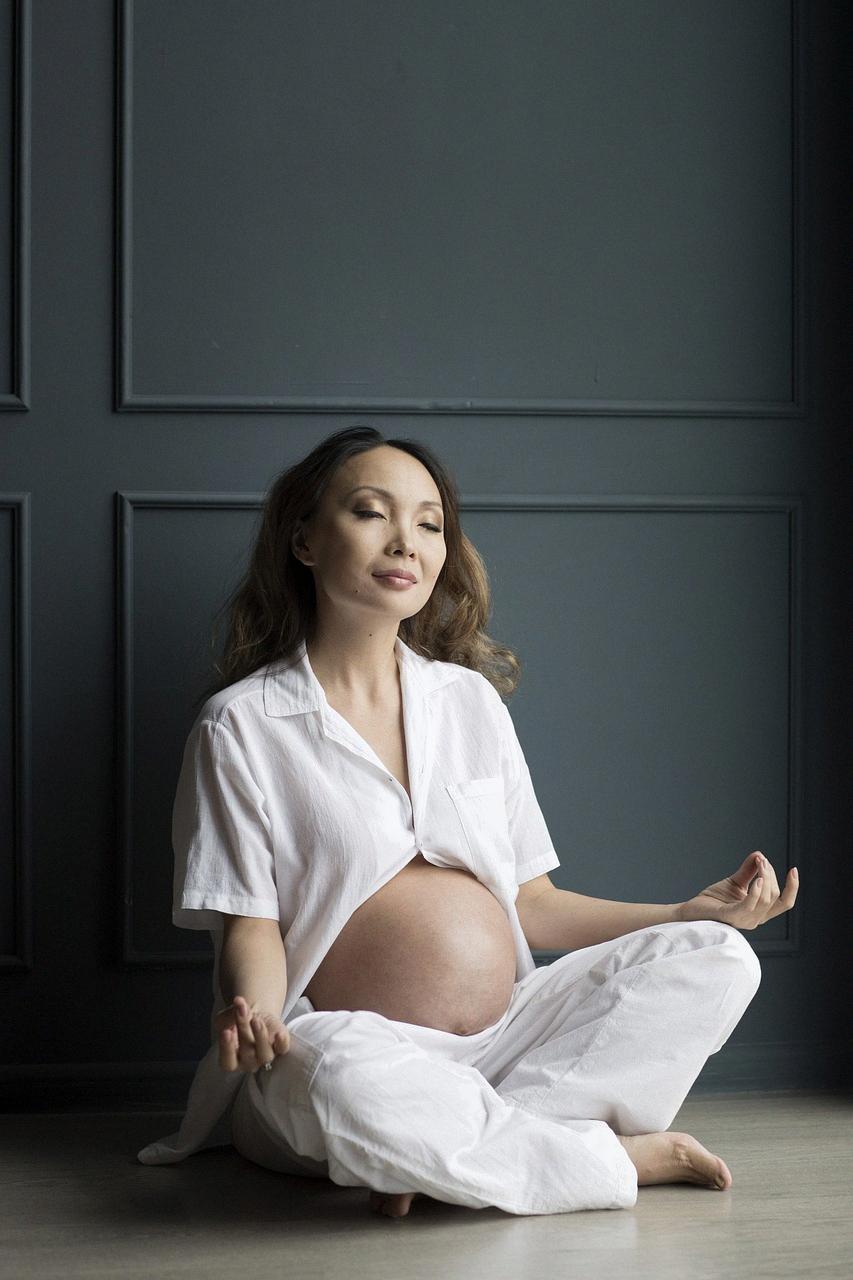When it comes to post-surgery recovery, an abdominal binder plays a crucial role in providing support to your abdomen and promoting healing. Depending on the type of surgery you have undergone, the duration for wearing an abdominal binder can vary.
Consult Your Healthcare Provider for Personalized Guidance
It is essential to consult your healthcare provider for personalized guidance on when you can stop wearing your abdominal binder. Your healthcare provider will assess your recovery progress and tailor their recommendations based on your individual healing process.
Following the Prescribed Duration
In many cases, healthcare providers recommend wearing an abdominal binder for up to six weeks following surgery. This duration allows for adequate healing of the abdominal muscles and tissues, ensuring a smooth recovery process.
Listening to Your Body’s Signals
While the prescribed duration is a general guideline, it is crucial to listen to your body’s signals and adjust accordingly. If you experience discomfort or find that wearing the abdominal binder is hindering your mobility, consult your healthcare provider for further guidance.
Gradual Transition to Without Abdominal Binder
When considering when to stop wearing your abdominal binder, it is vital to make a gradual transition. Start by wearing the binder for shorter periods and gradually increase the duration without it, ensuring that your abdominal muscles have regained sufficient strength.
Monitoring Your Healing Progress
Monitoring your healing progress is key in determining when you can safely stop wearing your abdominal binder. Keep track of any changes in your pain levels, mobility, and overall comfort to gauge when it might be appropriate to discontinue its use.
Discussing Your Concerns with Your Healthcare Provider
If you have concerns about when to stop wearing your abdominal binder, do not hesitate to discuss them with your healthcare provider. They can provide you with expert guidance and address any questions or apprehensions you may have regarding your recovery process.
Embracing Your Body’s Natural Healing Abilities
Remember that your body has incredible natural healing abilities, and allowing it the time and support it needs to recover fully is essential. By following your healthcare provider’s recommendations and being attuned to your body’s signals, you can navigate your post-surgery recovery with confidence.
Staying Active and Engaged in Your Recovery Journey
Keeping active and engaged in your recovery journey can also aid in determining when to stop wearing your abdominal binder. Gradually reintroducing physical activity and following a balanced recovery plan can contribute to a smooth transition without the binder.
Celebrating Your Progress and Resilience
As you reach the point where you can safely discontinue wearing your abdominal binder, take a moment to celebrate your progress and resilience. Acknowledge the strength and dedication you have shown throughout your recovery journey.
Embracing a Positive Mindset and Outlook
Embracing a positive mindset and outlook as you transition away from wearing your abdominal binder can also support your overall well-being. Focus on the progress you have made and the milestones you have achieved, recognizing the journey you have undertaken towards healing.
Continuing to Prioritize Your Health and Well-Being
As you navigate the decision of when to stop wearing your abdominal binder, remember to continue prioritizing your health and well-being. Stay connected with your healthcare provider, maintain a healthy lifestyle, and listen to your body’s needs to ensure a comprehensive and successful recovery.

